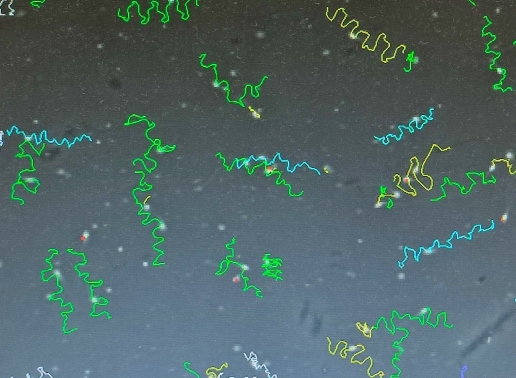Studies on diabetes's impact on male reproductive capacity are increasing, with substantial evidence suggesting that poor blood sugar control can lead to male infertility. Taiwanese health authorities report 25,000 new diabetes patients annually, with 11.8% being adults aged 18 and above. Dr. Huang Shang-yu of Lin-kou Chang-Geng Hospital emphasizes that diabetes, beyond its association with stroke and cardiovascular disease, significantly affects male reproductive function.
Multifaceted Effects of Diabetes on Sperm and Sexual Function
Research indicates that diabetes can decrease sperm count and motility, potentially leading to oligospermia and azoospermia. A study by Queen's University Belfast found that the semen quality of diabetic men is generally lower than that of healthy men, and their semen contains higher white blood cell counts, indicating potential chronic inflammation. Furthermore, high blood sugar can cause mitochondrial dysfunction in sperm, leading to increased oxidative stress that damages sperm DNA, affecting embryo development and health. Diabetes may lead to a decrease in sperm count and motility. (Image/Provided by Heho Health)
Diabetes may lead to a decrease in sperm count and motility. (Image/Provided by Heho Health)
Impact Areas
- Semen Quality: Diabetic patients show significant decreases in sperm concentration, motility, and normal morphology.
- Sexual Dysfunction: Sexual nerve damage may result in erectile dysfunction or inability to ejaculate.
- Chronic Inflammation: High blood sugar increases the risk of inflammation in the prostate and seminal vesicles, further disrupting ejaculatory function.
Medical Advice: Male Fertility Evaluation
Dr. Huang recommends that men suspecting diabetes-related infertility undergo professional evaluation, including:
- Semen Analysis: Testing sperm concentration, motility, and morphology.
- Sperm Function Tests : Assessing sperm fertilization capacity.
- Sexual Function Examination: Evaluating erectile function and sexual activity.
- Genetic Testing: Examining chromosomal and DNA damage levels.
 Older men have fewer sperm, and their sperm movement often follows curved trajectories. (Source: Maosheng Hospital)
Older men have fewer sperm, and their sperm movement often follows curved trajectories. (Source: Maosheng Hospital)
Sperm DNA damage testing is a recent technology that can predict embryo development outcomes and improve fertility success rates. Diabetic patients should actively manage blood sugar and adopt early preventive and therapeutic measures to reduce the risk of infertility and maintain their own and their offspring's health.







